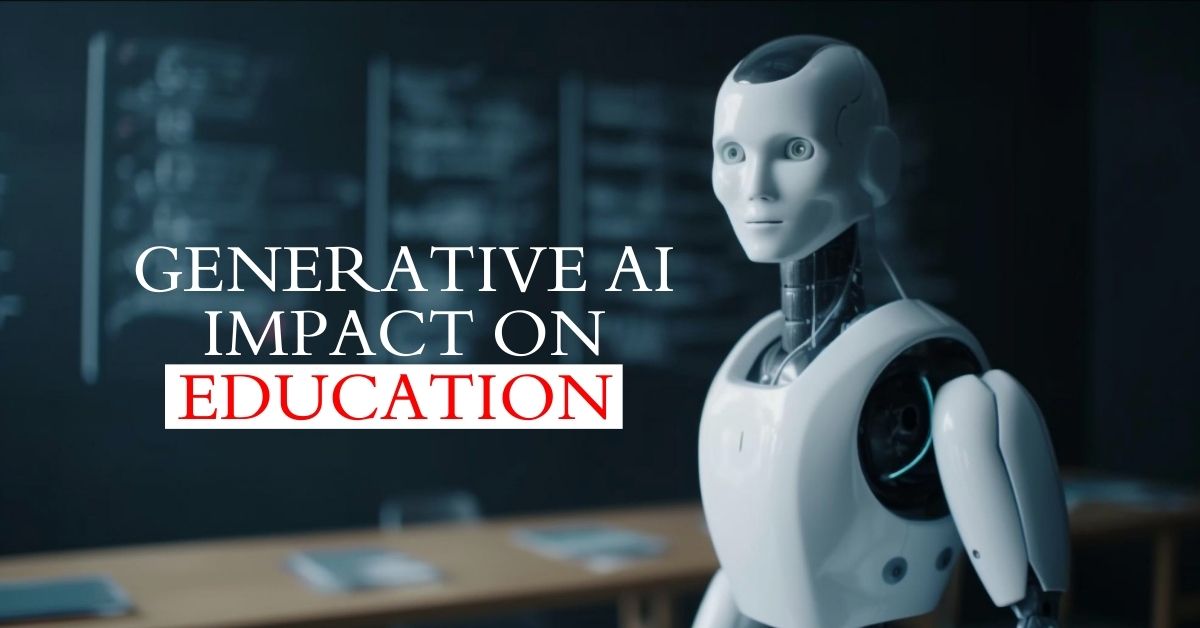According to venture investors Accel, 40% of venture capital funding flowing into cloud companies is going to generative AI startups.
According to Accel’s most recent annual Euroscape report, which examines important cloud and AI trends, venture capital for cloud startups based in the U.S., Europe, and Israel is expected to reach $79.2 billion this year. Artificial intelligence is driving a large portion of the recovery.
It was the first year of growth in three years as venture capital into the cloud sector increased by 27% annually. According to the report, cloud startups raised $62.5 billion in 2023 across the U.S., Israel, and Europe.
According to Accel, funding has increased by 65% since cloud companies raised $47.9 billion four years ago.
It follows a massive funding round earlier this month that raised $6.6 billion, valuing the startup at $157 billion. OpenAI is the Microsoft-backed company that created the popular generative AI chatbot ChatGPT.
Generative AI’s Growing Influence
The enthusiasm surrounding AI is largely responsible for the increase in cloud funding.
Read More From Cybersecurity
According to Philippe Botteri, a partner at Accel, “AI is sucking the air out of the room” in the context of cloud computing, and this is evident in both the public and private markets.
As of September 30, the Euroscape index, which Accel curates from a list of publicly traded cloud companies in the United States, Europe, and Israel, was up 19% year over year.
This is insignificant compared to the Nasdaq’s 38% gain this year and the 39% decline from the 2021 peak of the Euroscape index.
Beyond AI, the cloud industry has been struggling as enterprise software budgets are being squeezed by geopolitical and macroeconomic risks.
“There’s a lot of uncertainty out there,” Botteri stated, adding that companies are becoming more interested in macroeconomic and geopolitical issues, which have influenced the priorities for software spending.
Compared to 23 companies that achieved revenue growth of over 40% annually in 2021, not a single company in Accel’s Euroscape index has done so this year.
According to Botteri, “IT budgets are shifting towards AI.” “They are growing a few percent annually, but they are still growing a little bit.”
The VC investor went on to say, “A portion of it is budgeted going towards genAI, building new applications, and testing these new technologies, so there is less for the rest.”
Top GenAI Firms Secure Two-Thirds of Global Funding
According to Accel’s Euroscape report, approximately two-thirds of the funding raised by all genAI startups went to the top six generative AI companies in the U.S., Europe, and Israel, respectively.
In 2023–2024, OpenAI raised a resounding $18.9 billion, accounting for the majority of venture capital funding allocated to genAI companies in the United States.
“OpenAI has been one of the fastest software companies in history, as evidenced by the speed at which it has reached over $3 billion in revenue,” Botteri said.
Elon Musk’s xAI came in third place, while Anthropic raised $7.8 billion, the second-largest amount among U.S. genAI startups.
Germany’s Aleph Alpha, France’s Mistral, and Britain’s Wayve received the largest funding amounts in Europe.
According to Accel, two-thirds of all funding for generative AI companies worldwide goes to companies developing the so-called foundational models that underpin a large portion of today’s generative AI tools.
Big Tech’s Billion-Dollar AI Investments
When it came to total regional generative AI investment raised, the United States led the world.
Read More From Brit News Hub
Approximately 80% of the $56 billion that was siphoned into genAI companies worldwide in 2023–2024 went to U.S.-based companies, according to Accel, which also noted that Amazon, Microsoft, Google, and Meta are each investing an astounding $30 billion to $60 billion in AI annually on average.
According to Accel, while smaller competitors like Cohere, H, and Mistral invest tens to hundreds of millions annually, AI “majors” like OpenAI, Anthropic, and xAI are spending billions on the technology.
The most potent AI models will probably concentrate on a small number of companies that can raise the money needed to invest in data centers and chips for system training and operation, according to Dev Ittycheria, CEO of database company MongoDB.
“The performance of these models will be significantly impacted by access to capital,” Ittycheria stated in an interview on CNBC’s “Squawk Box” on Tuesday. In the long run, you won’t have this many model providers; you might only have one or two, he continued.





